Stay current
Get river news, FMR updates and event calendars twice a month.
What does our changing climate mean for the Mississippi River? And how is FMR working to curb emissions and create a more resilient river? Check out our latest updates on climate change and what we can do about it.
update
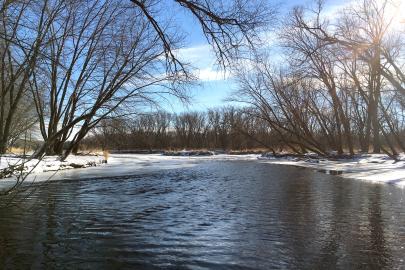
update

update
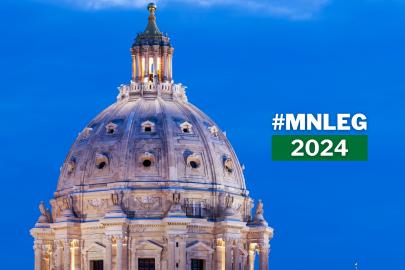
update
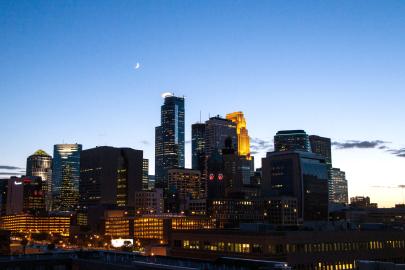
update
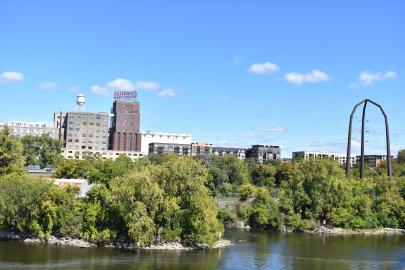
update
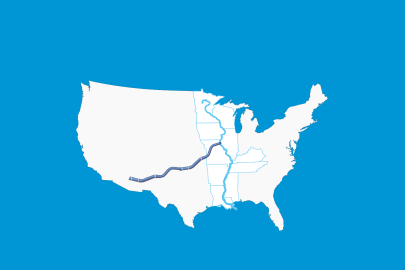
update
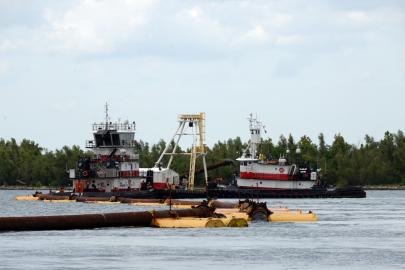
Get river news, FMR updates and event calendars twice a month.
Receive FMR's biweekly email newsletter, Mississippi Messages Sign up